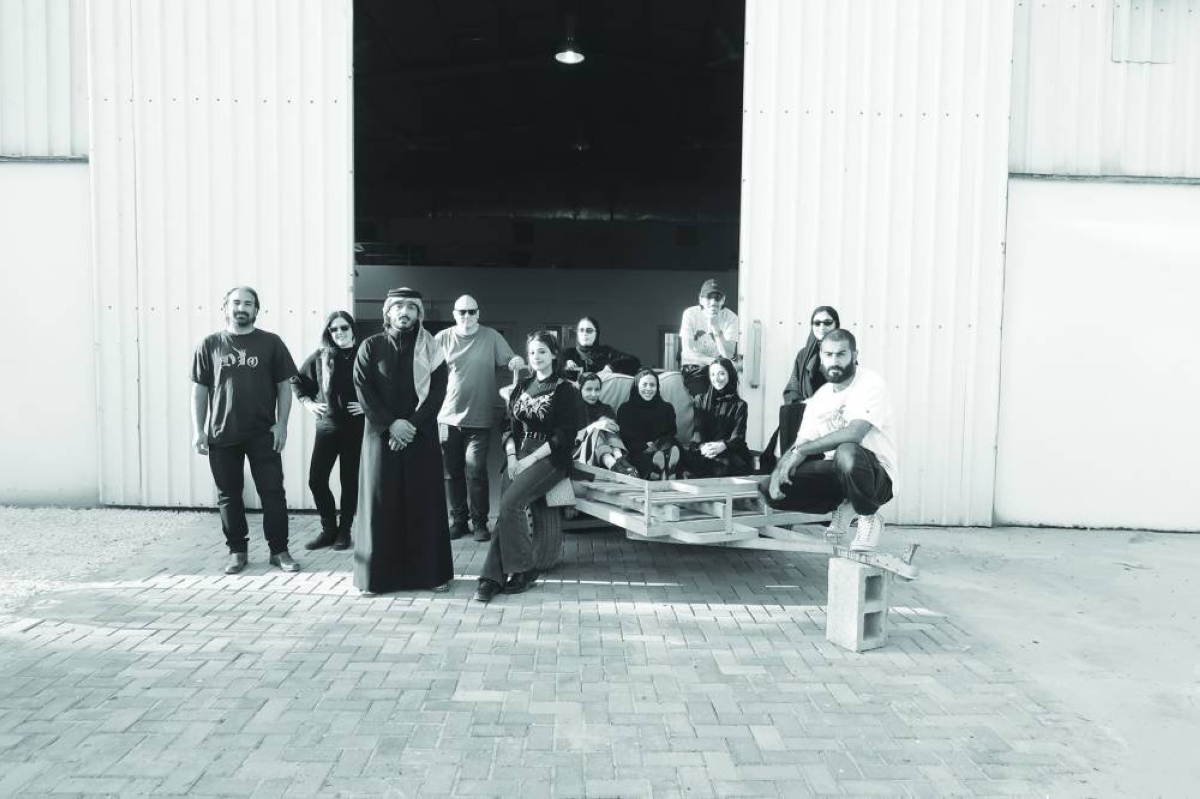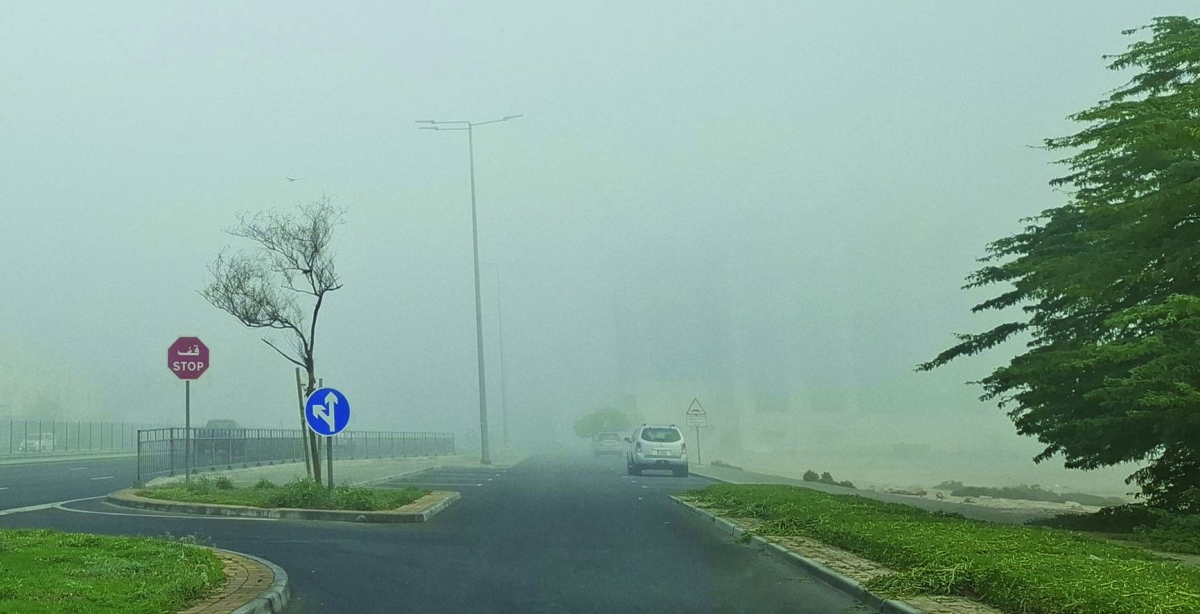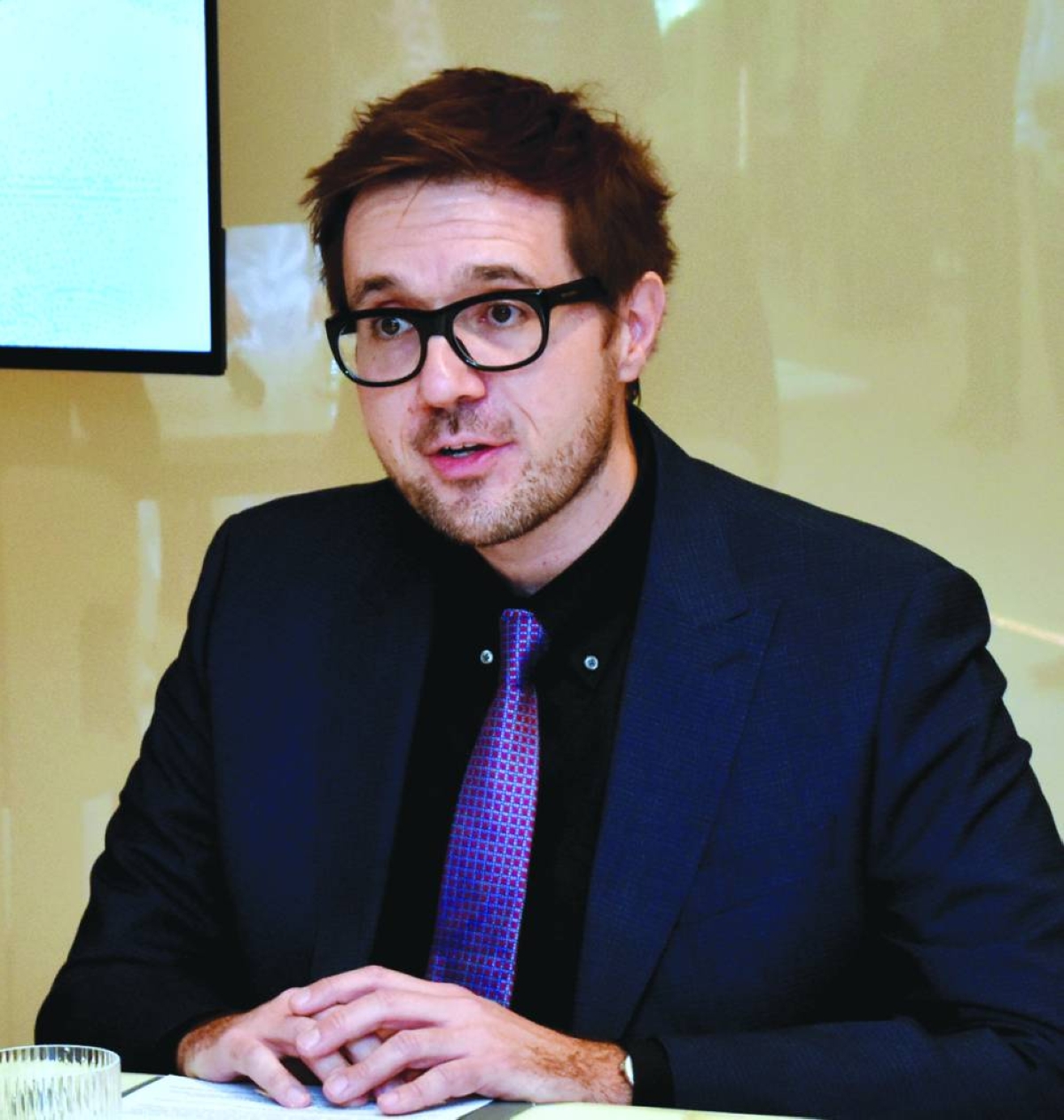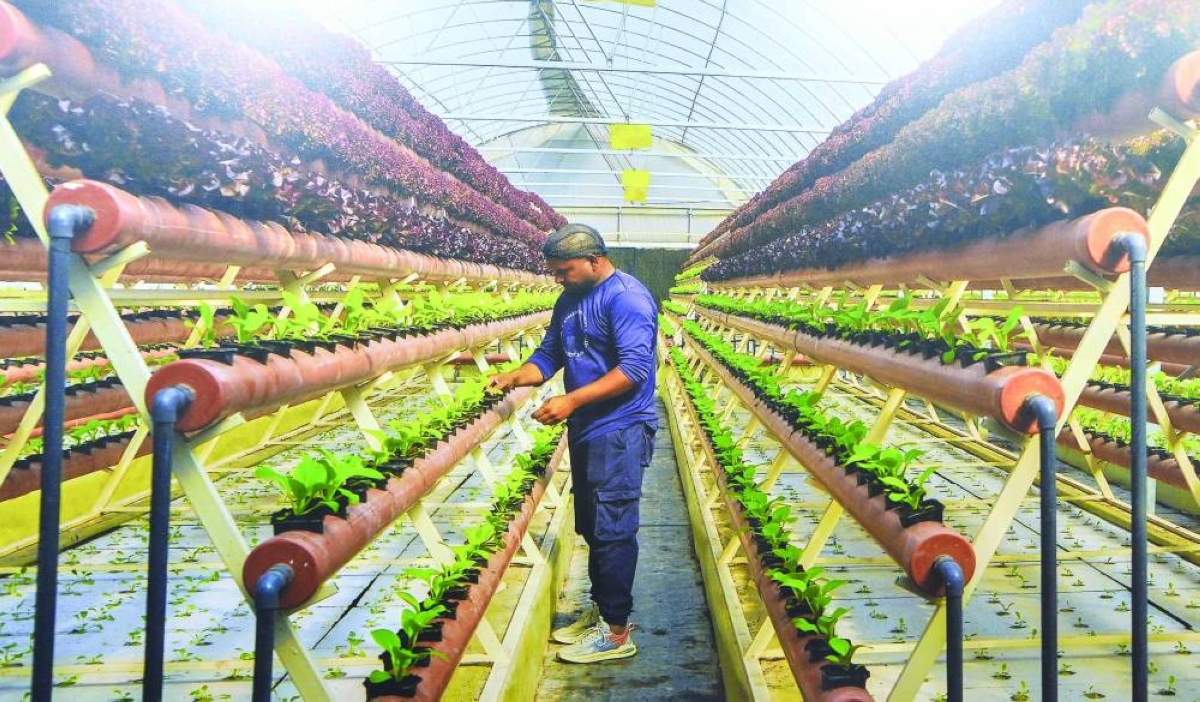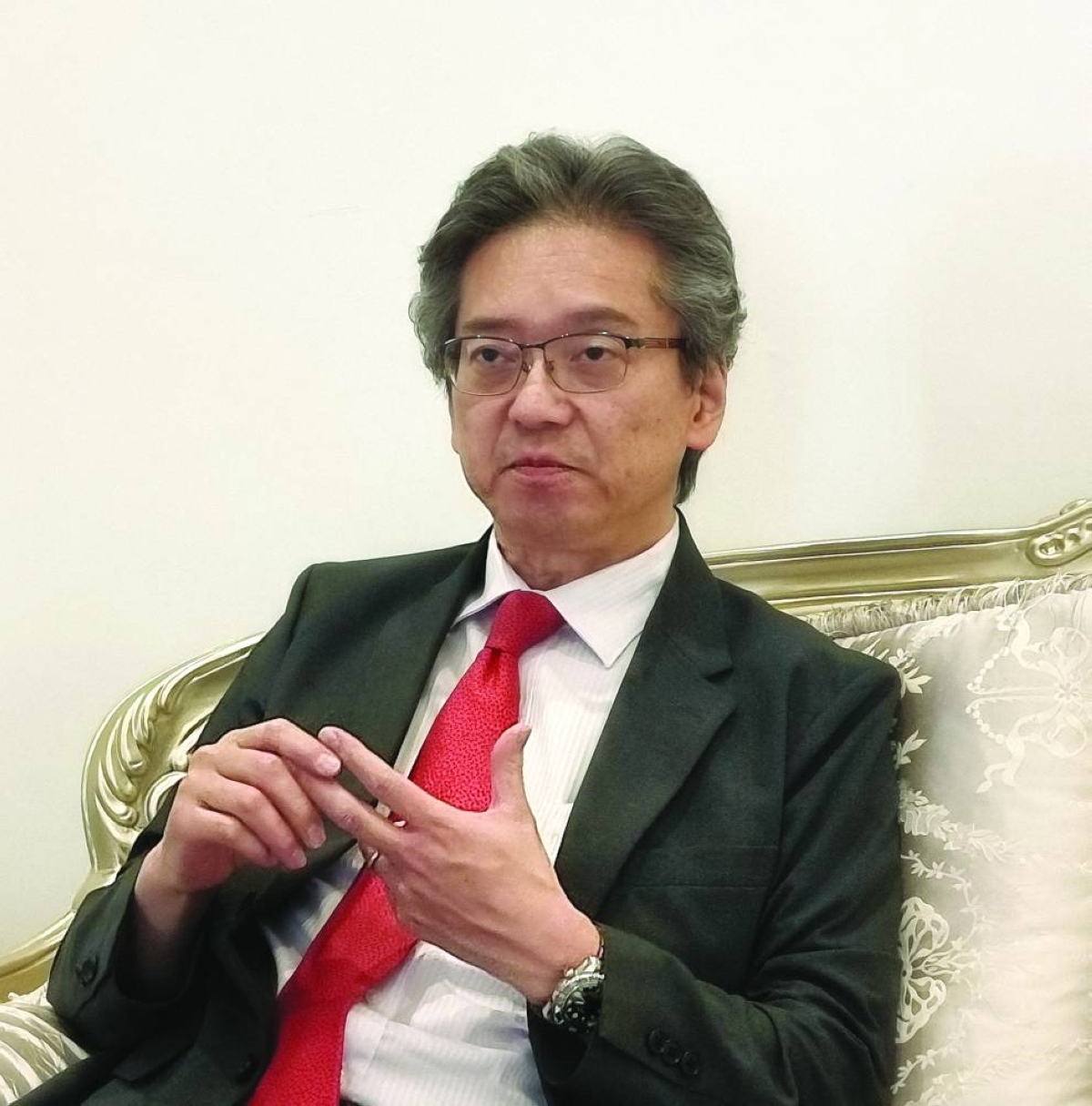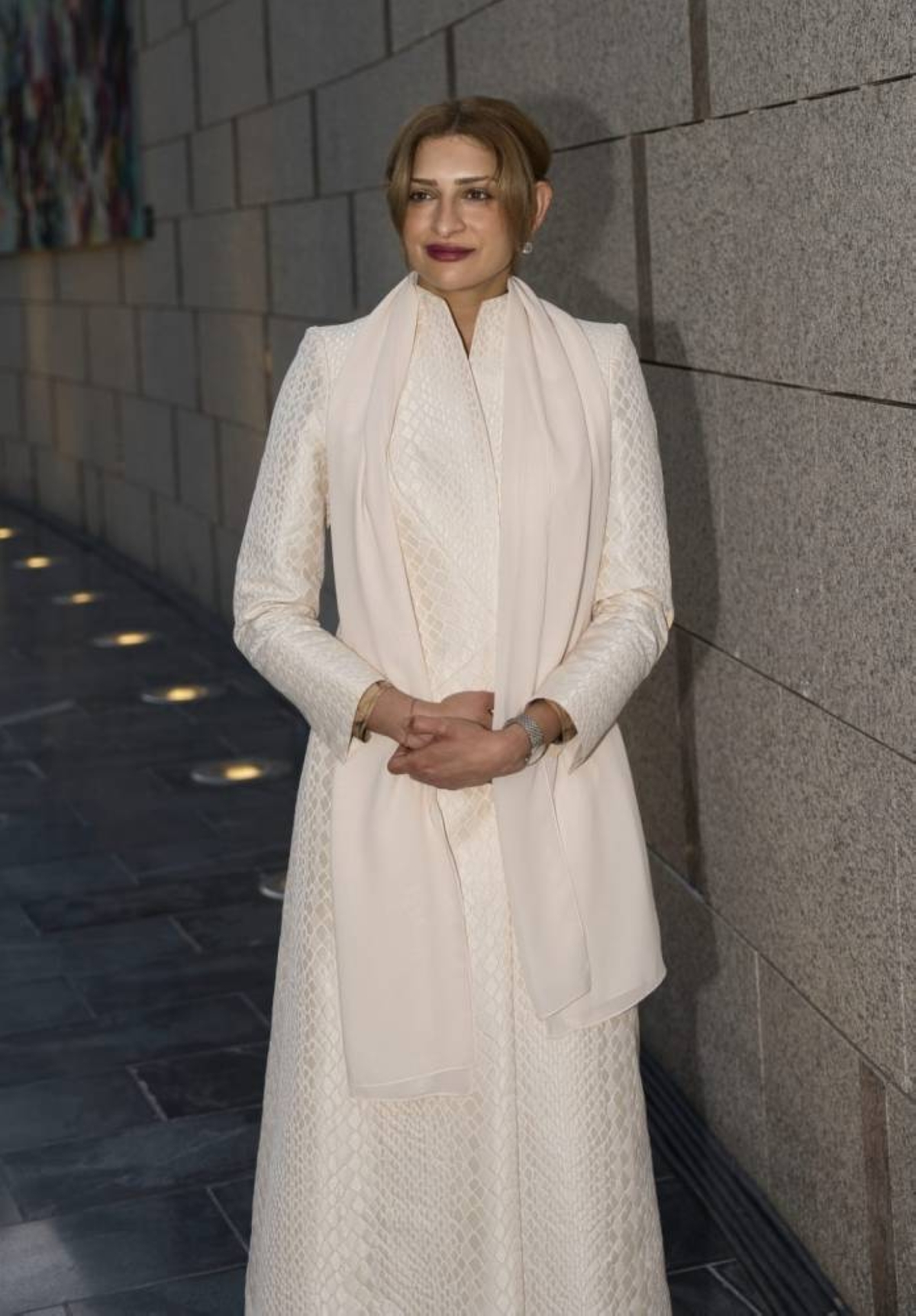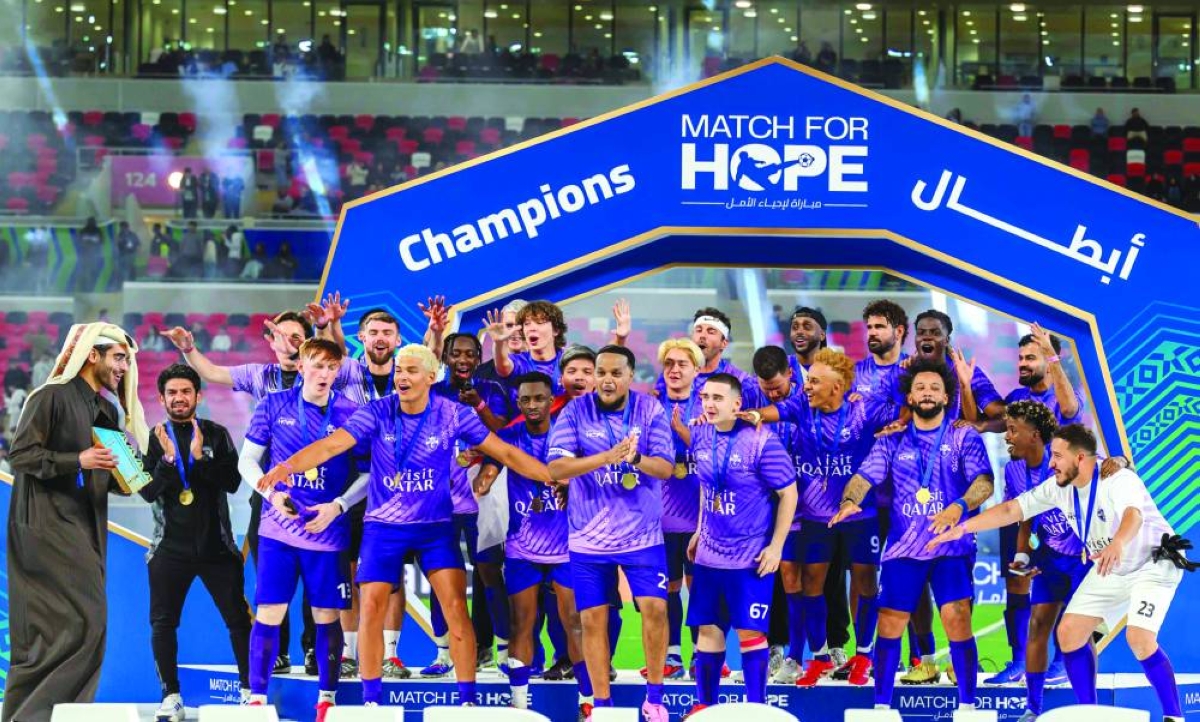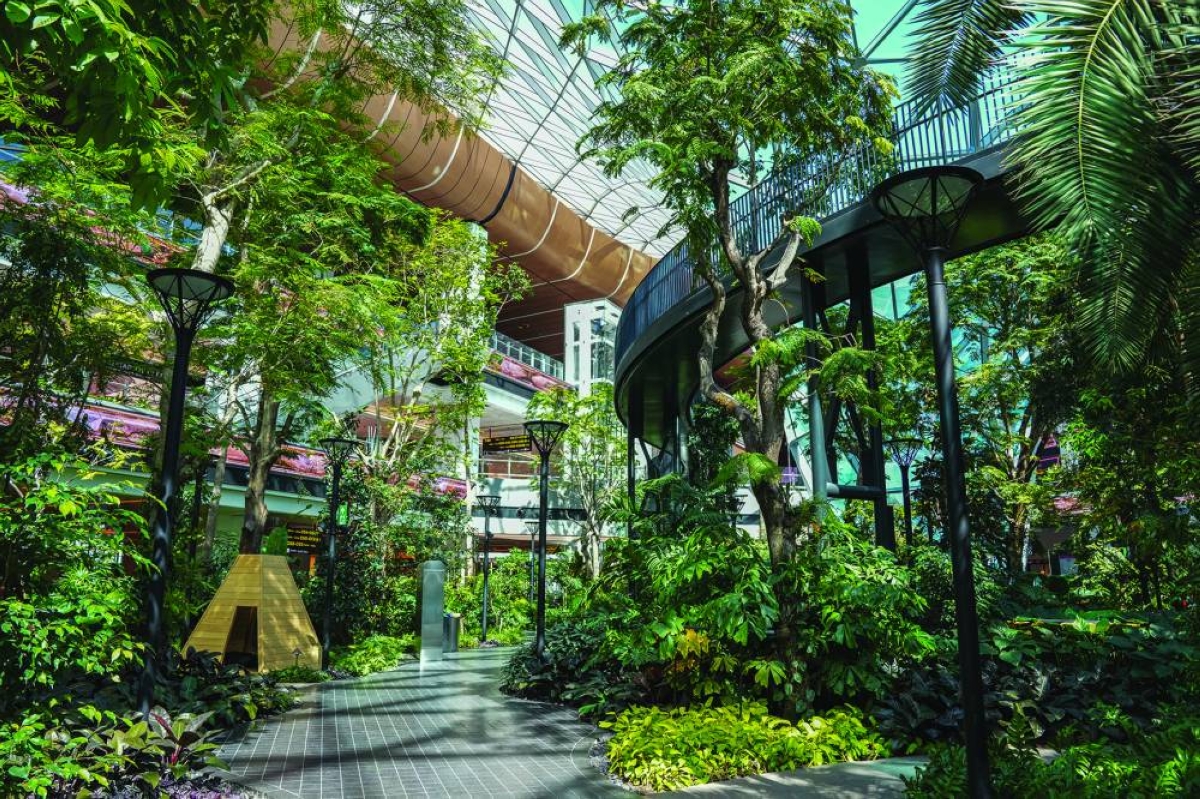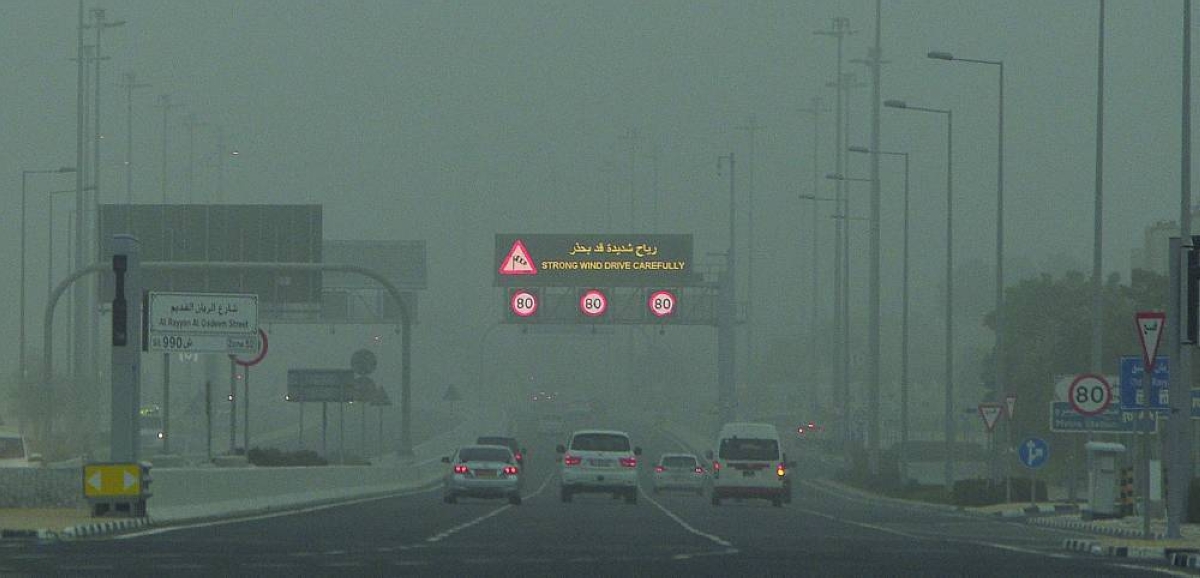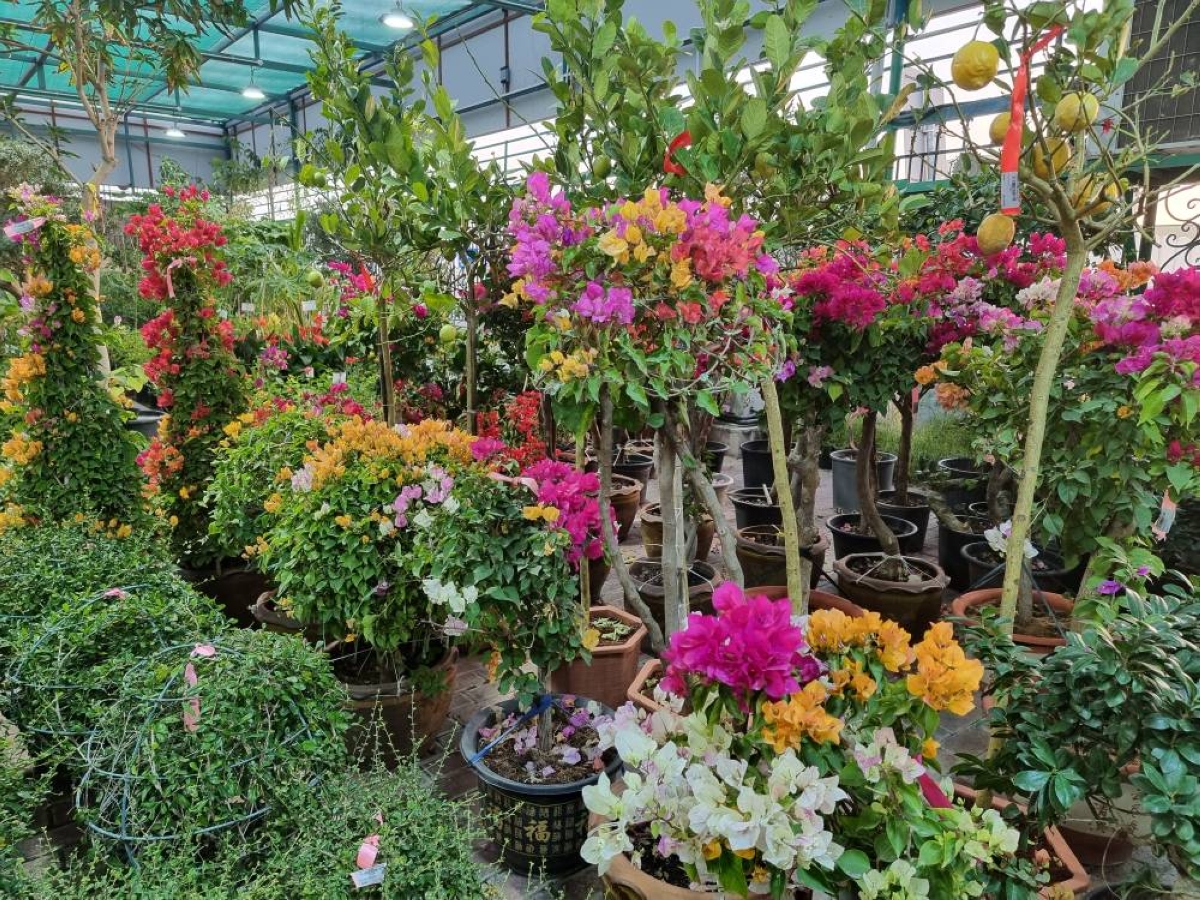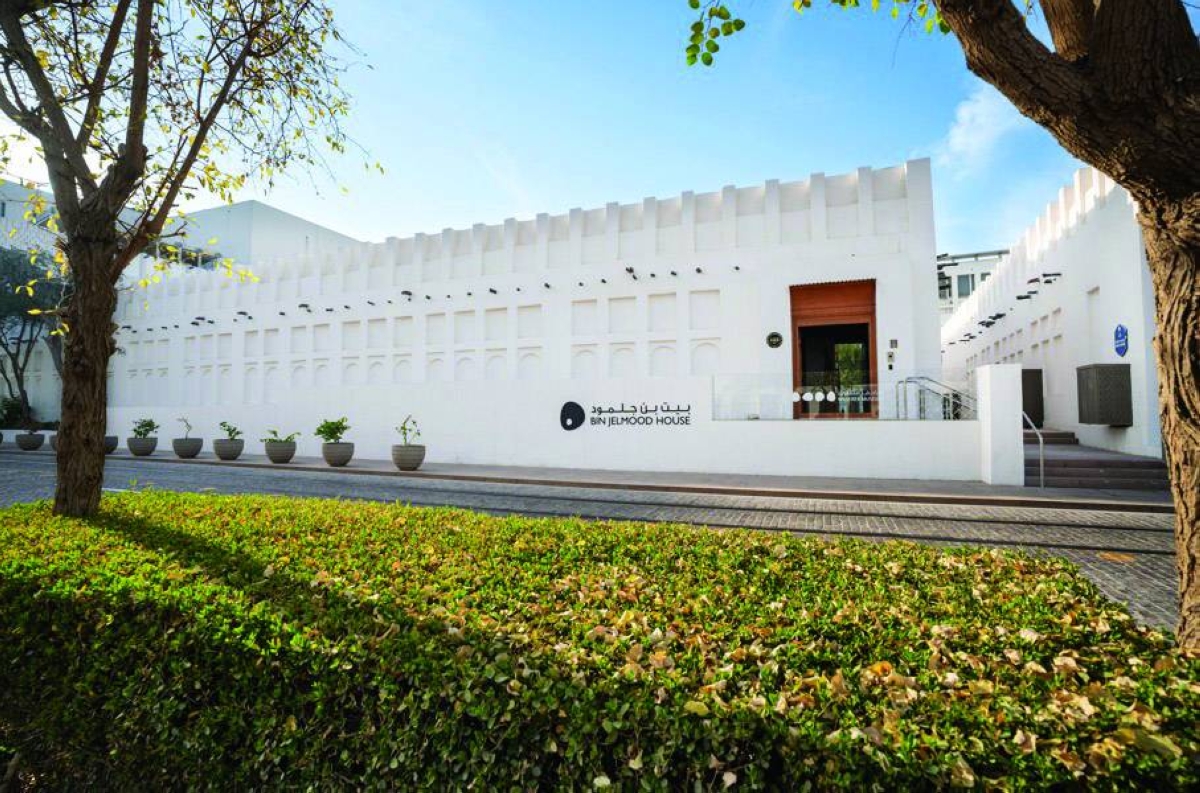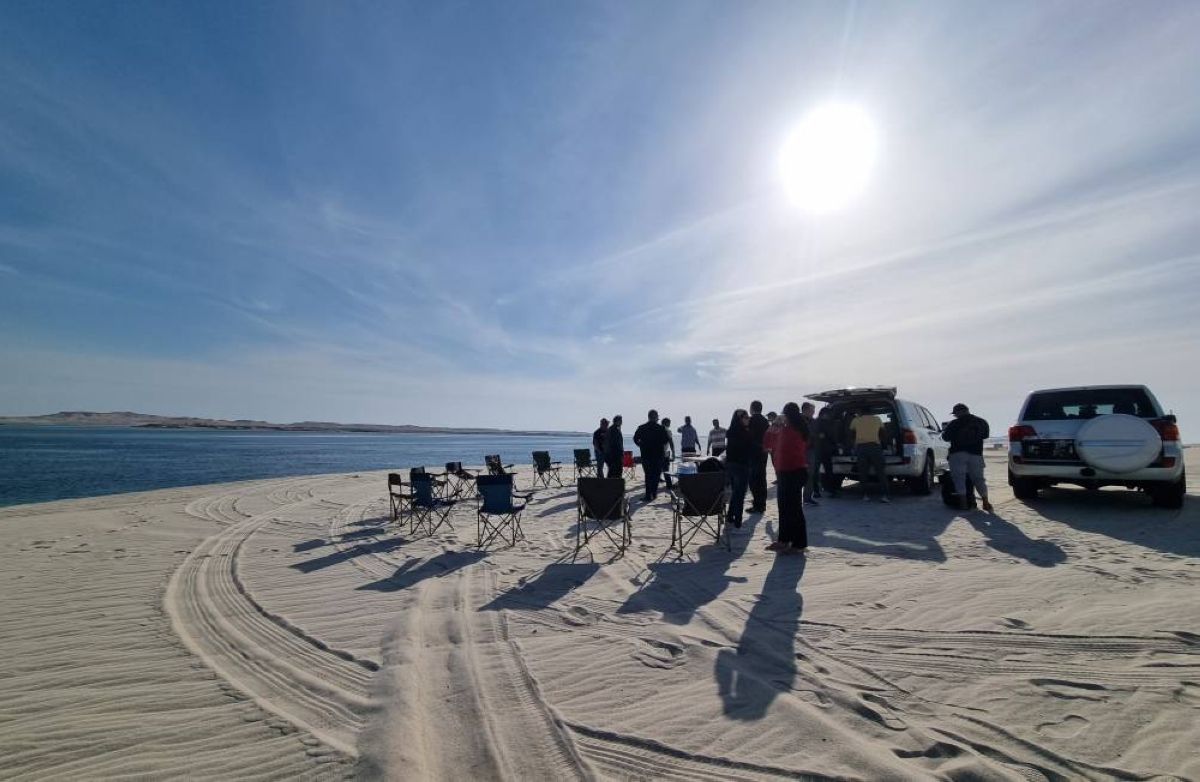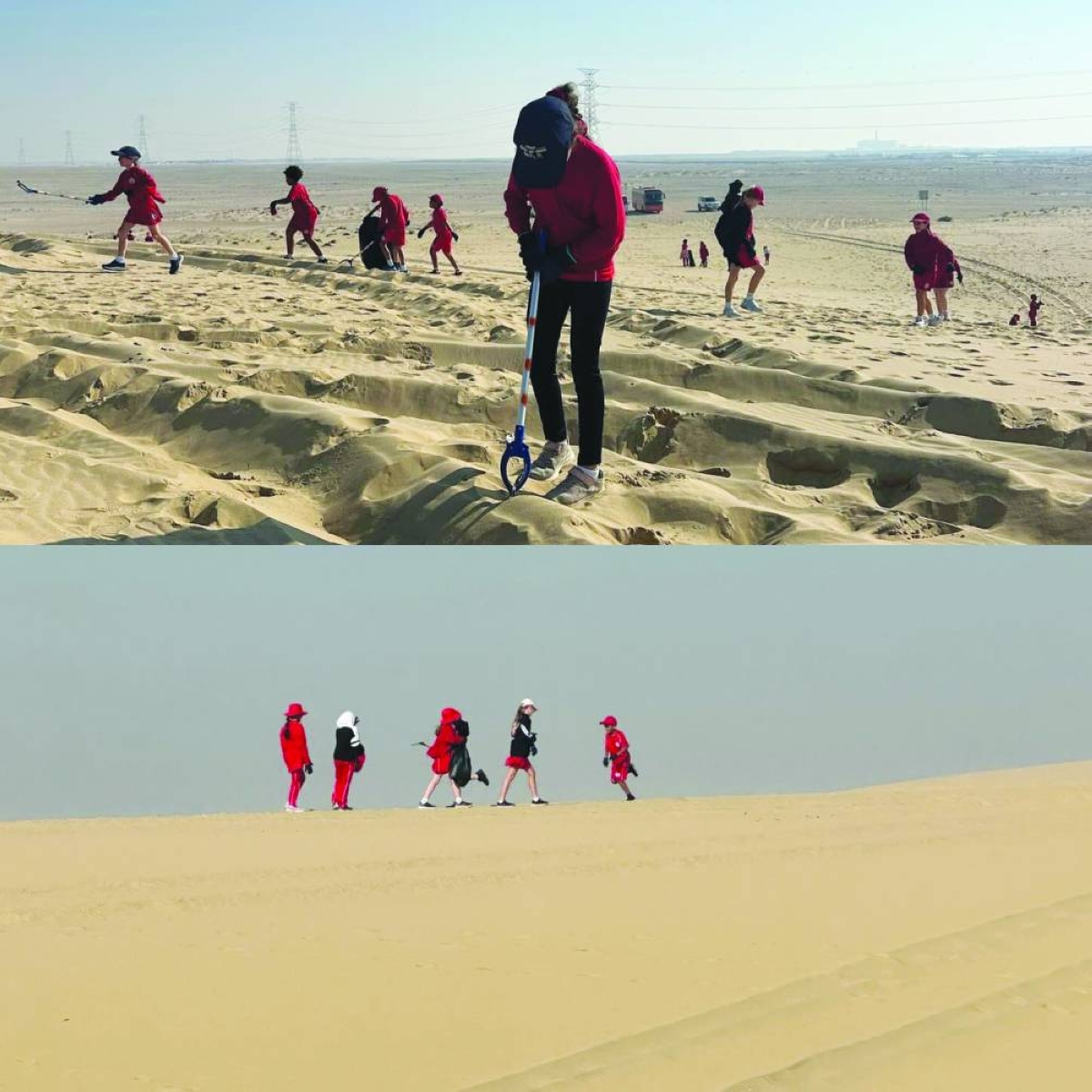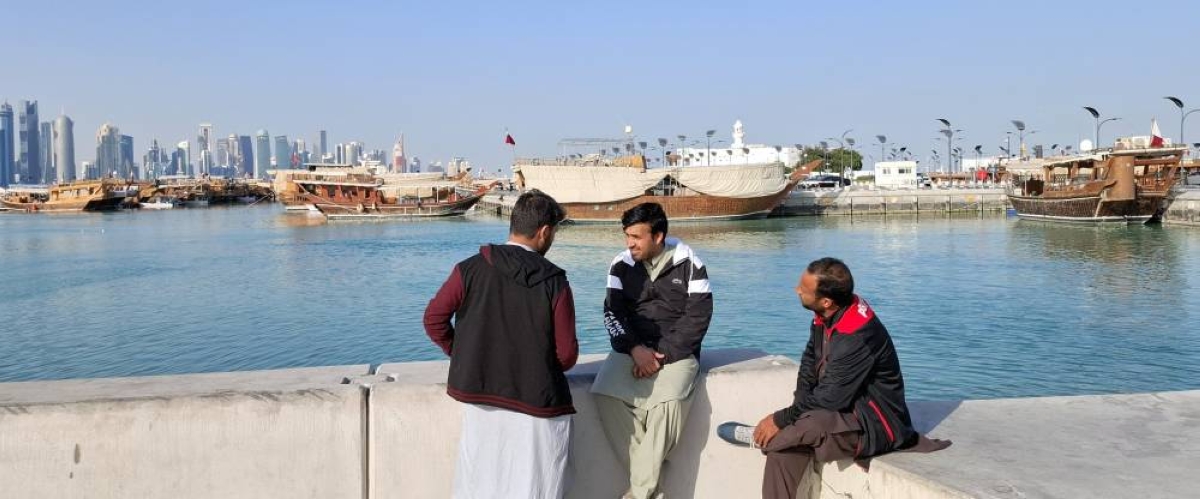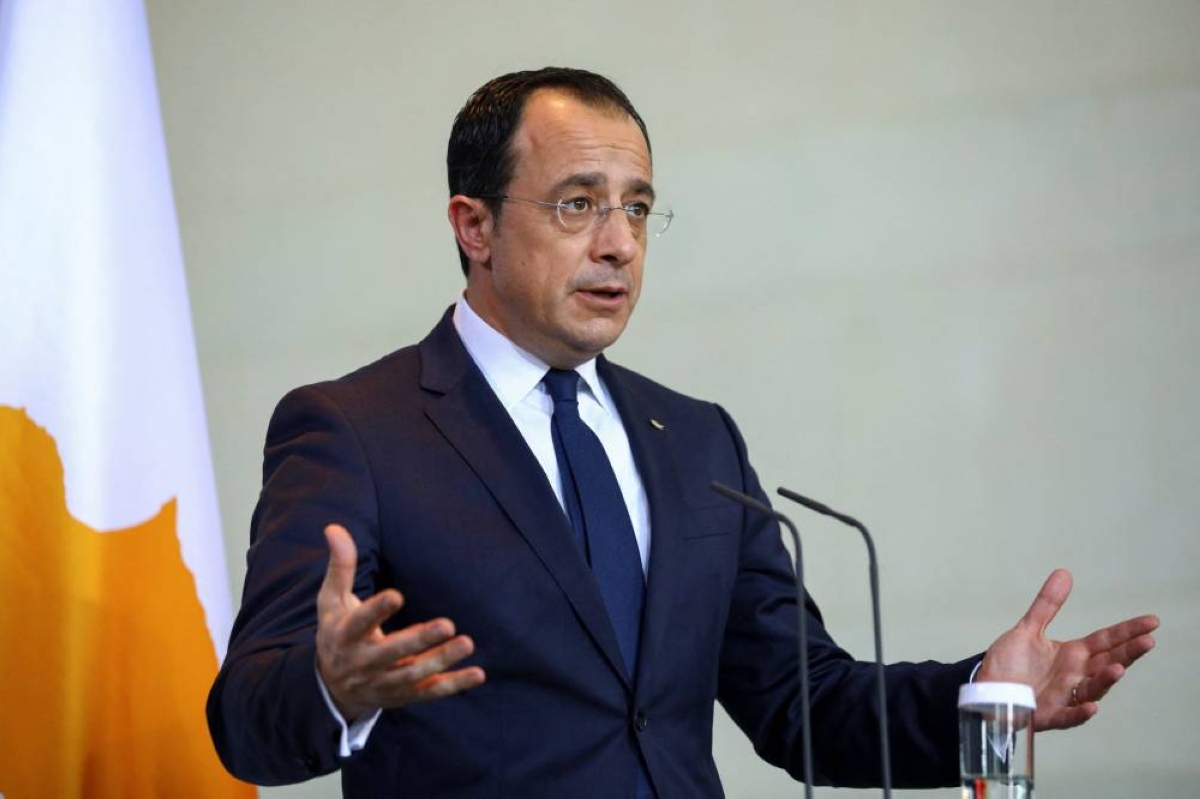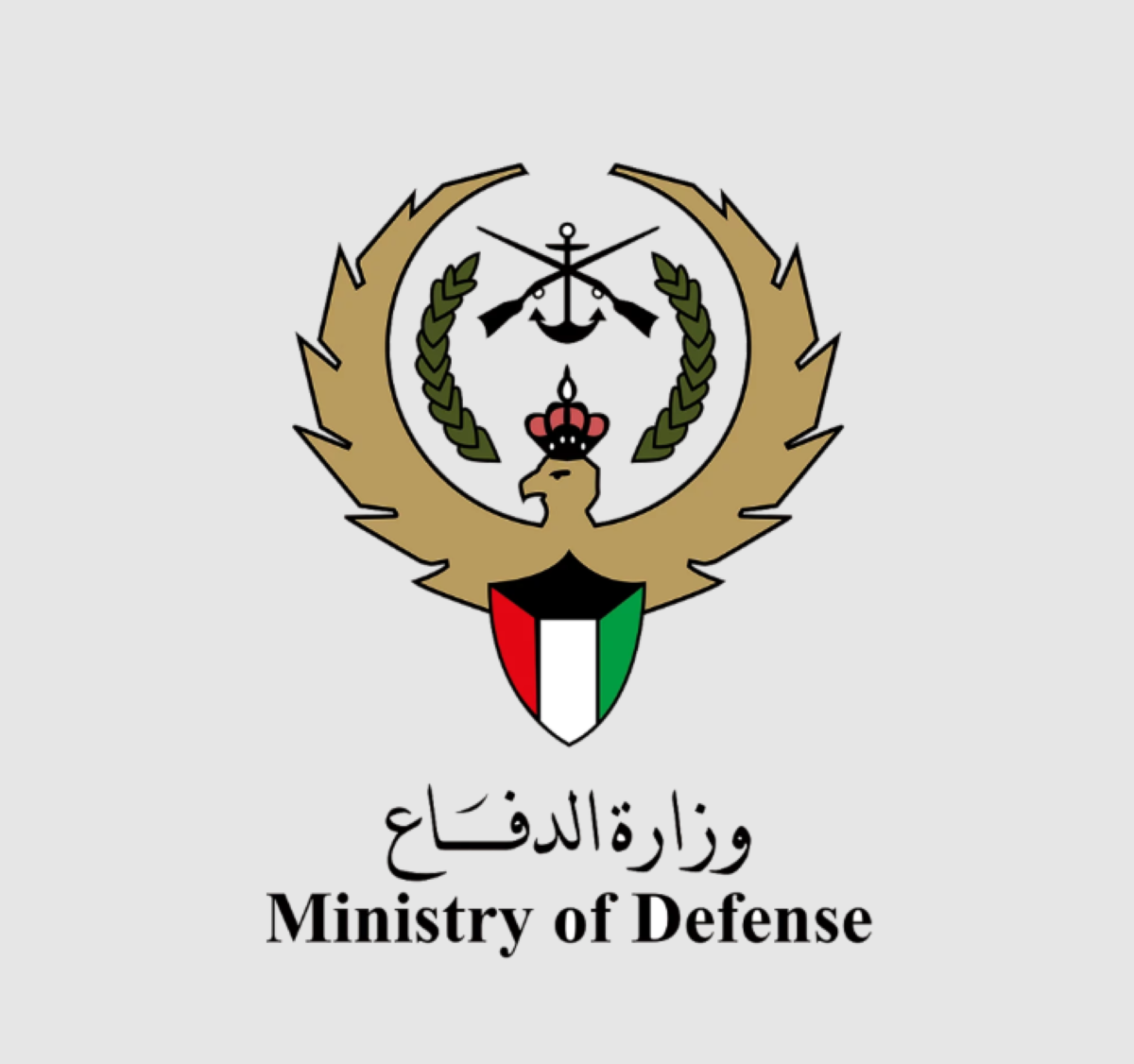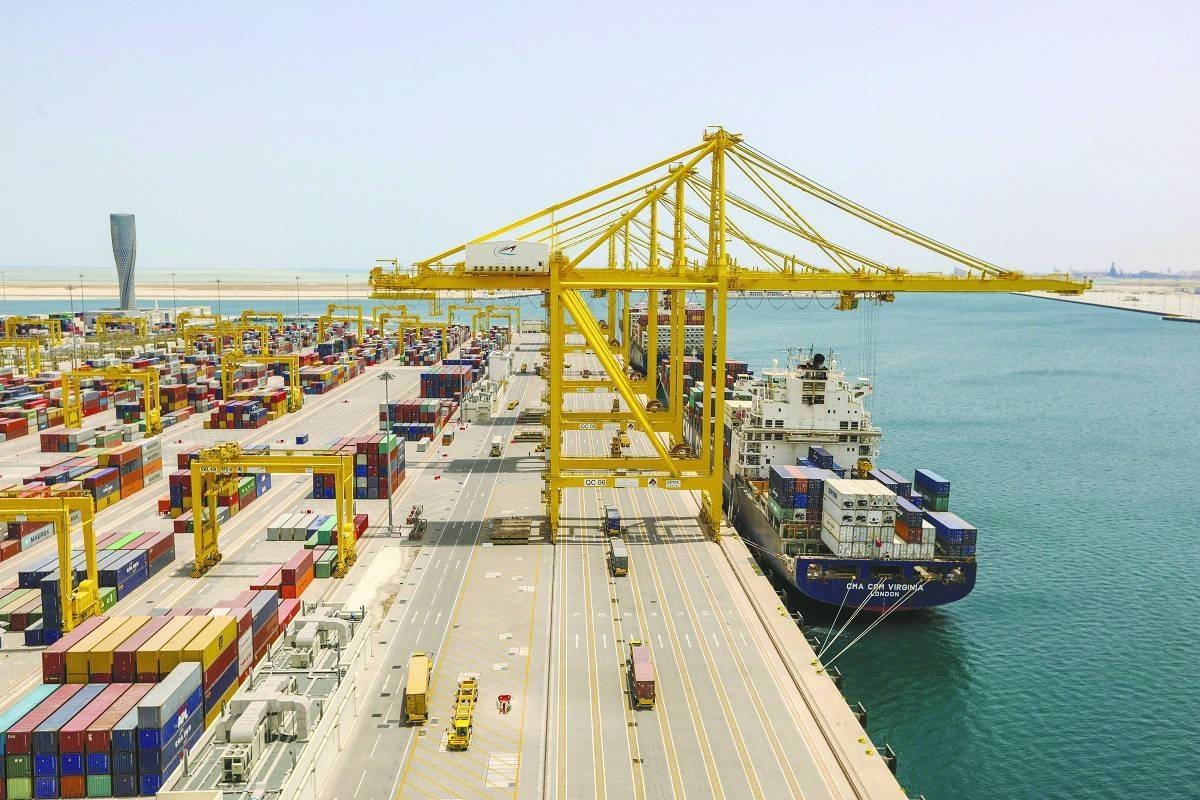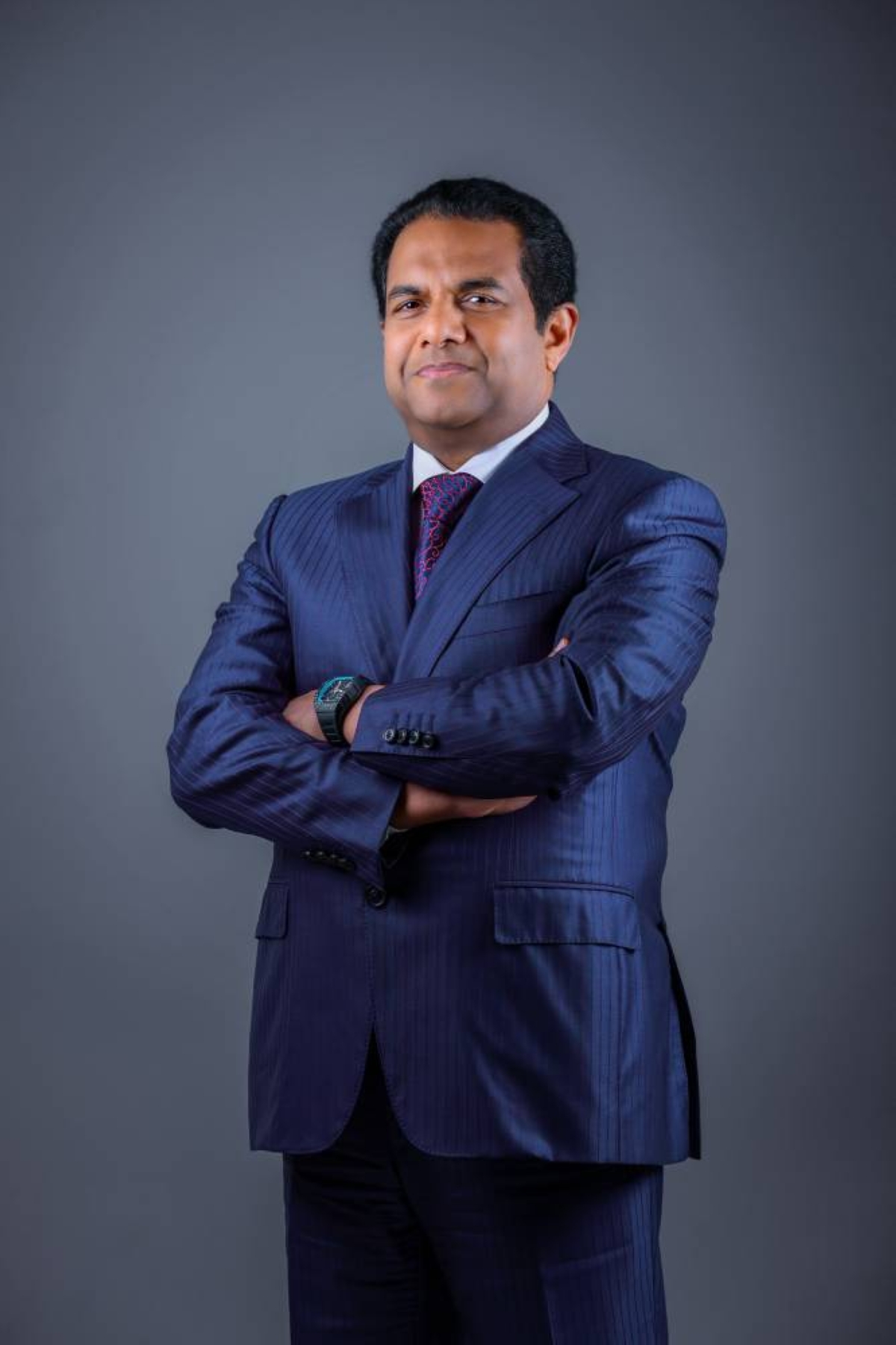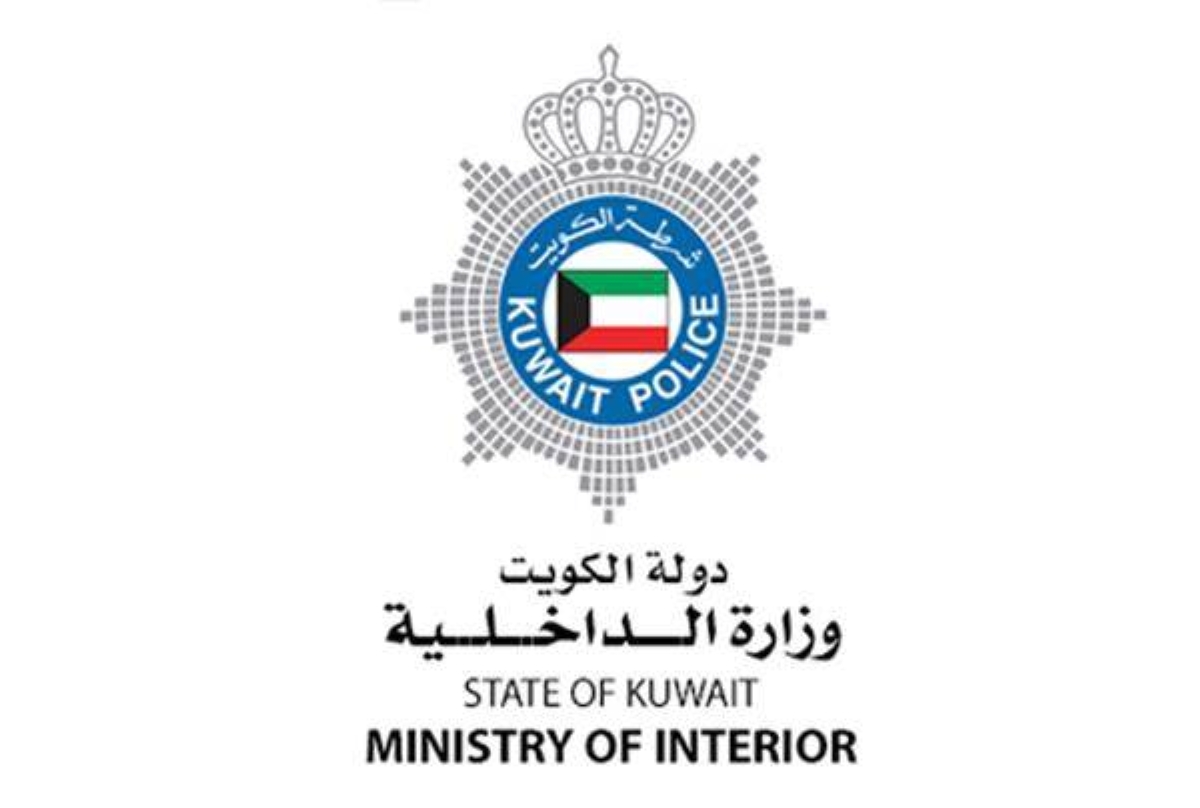Eggs have cracked their way into the top tier of Qatar’s food economy.Retail managers say they rank among the fastest-selling supermarket items, rivaling rice in value and turnover, while official trade data shows imports reaching more than QR200mn annually. Behind those numbers lies a deeper story — of affordability, survival, and a staple that cuts across income levels and nationalities.Across major hypermarkets in the country, eggs consistently move off shelves at a pace matched only by rice and bread. A manager at a popular hypermarket told Gulf Times that, while rice remains a slightly larger category in terms of overall value, the difference is marginal. Both products are considered fast-moving essentials, replenished frequently to keep up with steady demand.Bread, another dietary mainstay for Qatar’s diverse population, also maintains high turnover, highlighting the dominance of basic staples in household spending.For many residents, eggs have become indispensable not only because of price but also because of their accessibility and nutritional value. They are widely regarded as a healthy source of protein and are easy to prepare in countless ways — boiled, fried, scrambled or folded into rice. Interviews and informal surveys with residents show a common thread: eggs are reliable, filling and adaptable to different tastes and budgets.That reliability matters most to low-income earners. Albert D, an Asian expatriate working in the construction sector and living at the Mukaynis Compound, said eggs are central to managing his monthly expenses. A significant portion of his salary is remitted to his family abroad, leaving him to budget carefully for daily needs.Without eggs, he explained, stretching his income would be far more difficult. He usually looks for promotional offers, buying trays of 30 eggs priced between QR8 and QR12. One tray, he said, can last him at least 10 days. Paired with bread or rice, and occasionally tomatoes and onions for flavour, eggs provide enough variety to keep meals satisfying without exceeding his limited food allowance.“Egg is life,” he said with a smile, adding that he could eat eggs almost every day without getting bored. His hope is simple: that prices remain stable and affordable.Anita L, also an Asian expatriate earning less than QR2,000 per month and working as a cashier at another hypermarket, shares a similar experience. She and her colleagues rely heavily on eggs and vegetables for daily meals, often cooking together after work. With roommates from different countries, she said, eggs rarely taste the same twice. Each person brings their own style: spiced, sautéed, curried or mixed with rice, making the ingredient endlessly adaptable.She expressed gratitude for what she described as a simple but sustaining food that remains within reach of people on tight salaries. For her, eggs are not merely economical; they represent comfort and shared meals in a foreign land.Retailers are acutely aware of this dependence. An employee at another hypermarket noted that eggs are among the items stores cannot afford to run out of. Shortages could quickly drive customers elsewhere, particularly small groceries, eateries and restaurants that rely on a consistent supply. Demand comes not only from households but also from a wide network of baqalas and food outlets across the country.To maintain availability, hypermarkets source eggs both locally and internationally. Imports arrive from countries such as Turkey, India, Oman, Iran and Jordan, while some organic and free-range varieties are brought in from Europe. Shelves typically offer a range of sizes — small, medium and large — alongside premium options to cater to varying preferences and purchasing power.Trade data underscores the scale of this demand. According to the World Integrated Trade Solutions (WITS) and the Observatory of Economic Complexity (OEC), Qatar imported approximately QR210mn worth of eggs in 2024, placing the product around 98th among more than 1,100 imported categories tracked nationally. In 2023 alone, official data show that over 22 million kilograms of fresh eggs entered the country.Although eggs do not rank among Qatar's top imports alongside fuels, machinery, or vehicles, they hold a significant position within food and agricultural products. Their consistent volume and value position them firmly among the country’s top 100 imported goods, underscoring their strategic importance to food supply chains.At the same time, efforts to boost local egg production reflect a longer-term objective to reduce reliance on imports. Industry reports indicate that policy measures encouraging domestic output aim to strengthen food security and cushion against external supply disruptions. The fact that such strategies are in place signals the essential role eggs have come to play in everyday consumption.From supermarket aisles to shared kitchens in worker accommodations, the story of eggs in Qatar is both economic and personal. They are a commodity measured in millions of riyals and tonnes, yet also a daily meal that helps residents balance remittances, rent and rising costs. In a country defined by diversity, the egg stands out as a rare common denominator: modest in form, but central to the rhythm of daily life.

Joey Aguilar
Joey Aguilar has been a journalist since 2013 at Gulf Times, reporting on events related to Qatar. He was earlier a journalist for eight years in the Philippines. He became one of the 2015 United Nations Foundation Global Goals Press Fellows. He has also attended a number of journalism seminars in the Philippines.
Most Read Stories


